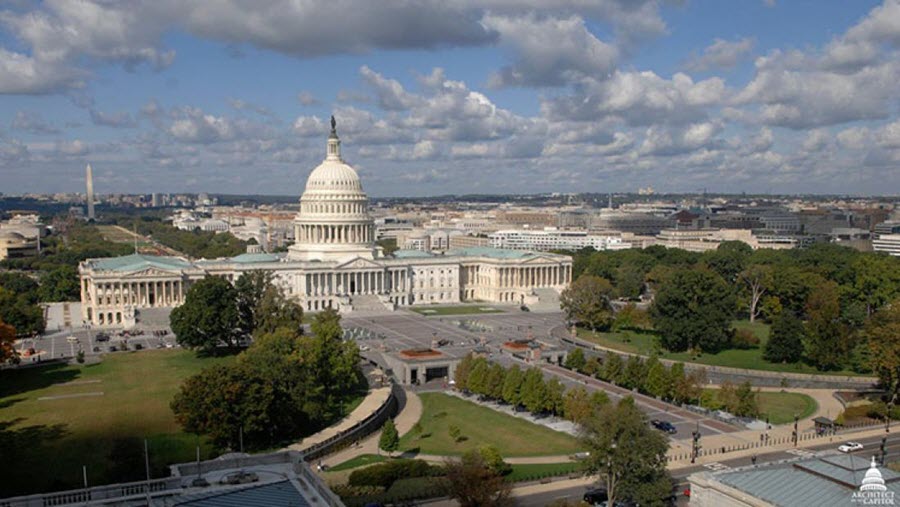Senate Reauthorizes USA Freedom Act

The smarter way to stay on top of the multichannel video marketplace. Sign up below.
You are now subscribed
Your newsletter sign-up was successful
The Senate has voted to reauthorize the USA Freedom Act, which restricts indiscriminate bulk collection of data by the NSA, part of an effort to rein in government mass surveillance programs adopted in the wake of 9/11.
But the bill has been changed from the House version that passed in March, so will need to be re-voted there.
One change that was not made was an amendment that would have prevented internet search info from being fair game for government perusal.
The USA Freedom Act was first adopted in 2015 to end the bulk data collection under the USA Patriot Act. The USA Freedom Act must be periodically renewed by Congress or some provisions expire.
The NSA got authority to conduct bulk metadata surveillance under Section 215 of the USA Patriot Act, one of the tools created by Congress after the Sept. 11, 2001 terrorist attacks, when an inability to link cellphone calls between terrorists was cited as an intelligence failure that needed correcting.
The bill did not end bulk collection, but narrowed what could be collected, added some transparency about how it was done, left the information in the hands of phone companies rather than on government servers, provided some liability protection for companies that let the government inspect the metadata, and provided for at least the possibility of challenging the FISA court on a decision to allow surveillance.
The Computer & Communications Industry Association praised Senate tweaks to the House version. “CCIA welcomes the Senate’s bipartisan adoption of reforms to support the representation of Americans’ rights in proceedings before the FISA Court," said CCIA president Matt Schruers.
The smarter way to stay on top of the multichannel video marketplace. Sign up below.
Sen. Ed Markey (D-Mass.) voted against the bill. “Congress has a duty to safeguard Americans’ privacy, but the USA Freedom Reauthorization Act fails to adequately limit the types of information that the government can collect about Americans, and it fails to adequately limit how long the government can keep the information it collects about us,” said Markey. “I am unwilling to grant any president surveillance tools that pose such a high risk to Americans’ civil liberties.”
Contributing editor John Eggerton has been an editor and/or writer on media regulation, legislation and policy for over four decades, including covering the FCC, FTC, Congress, the major media trade associations, and the federal courts. In addition to Multichannel News and Broadcasting + Cable, his work has appeared in Radio World, TV Technology, TV Fax, This Week in Consumer Electronics, Variety and the Encyclopedia Britannica.

